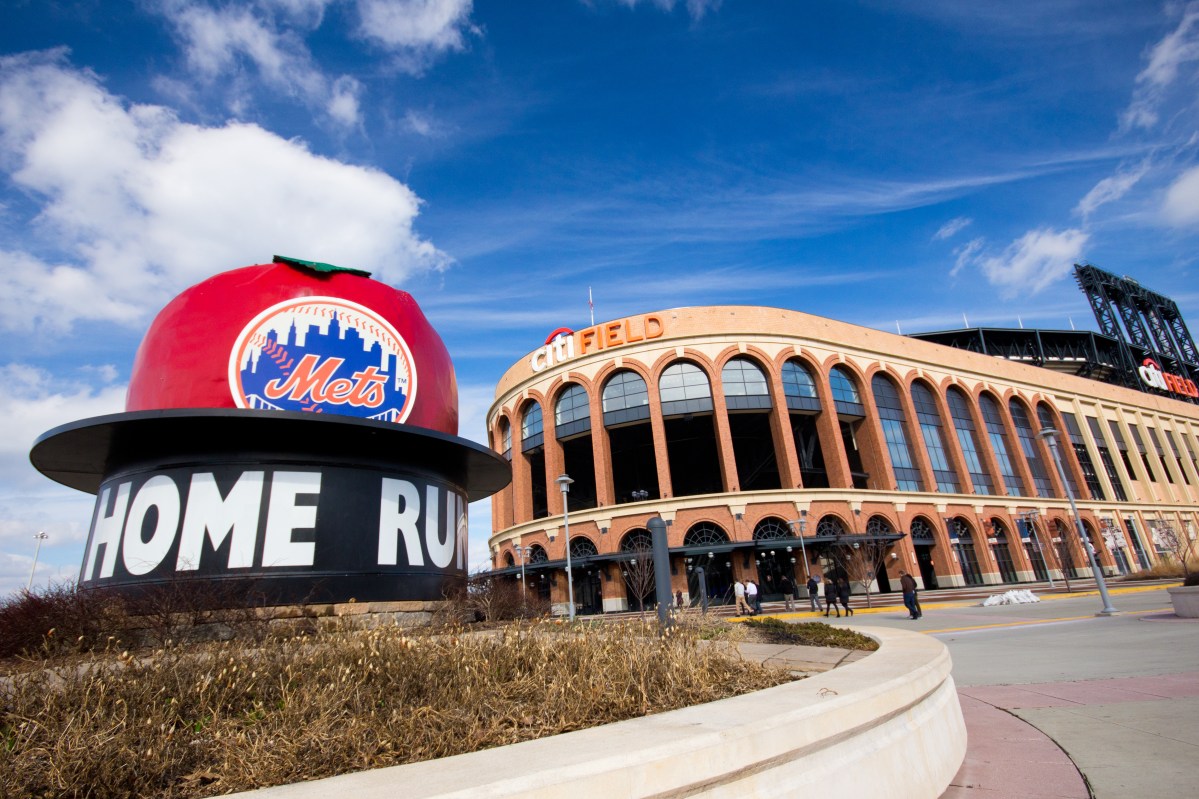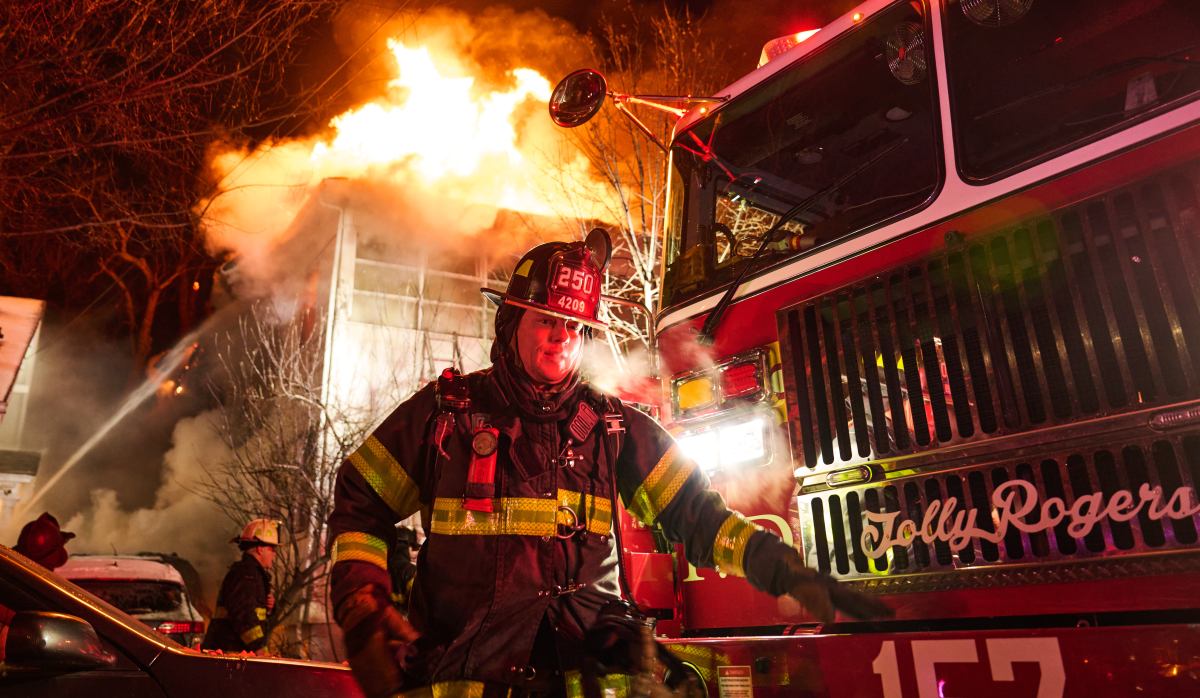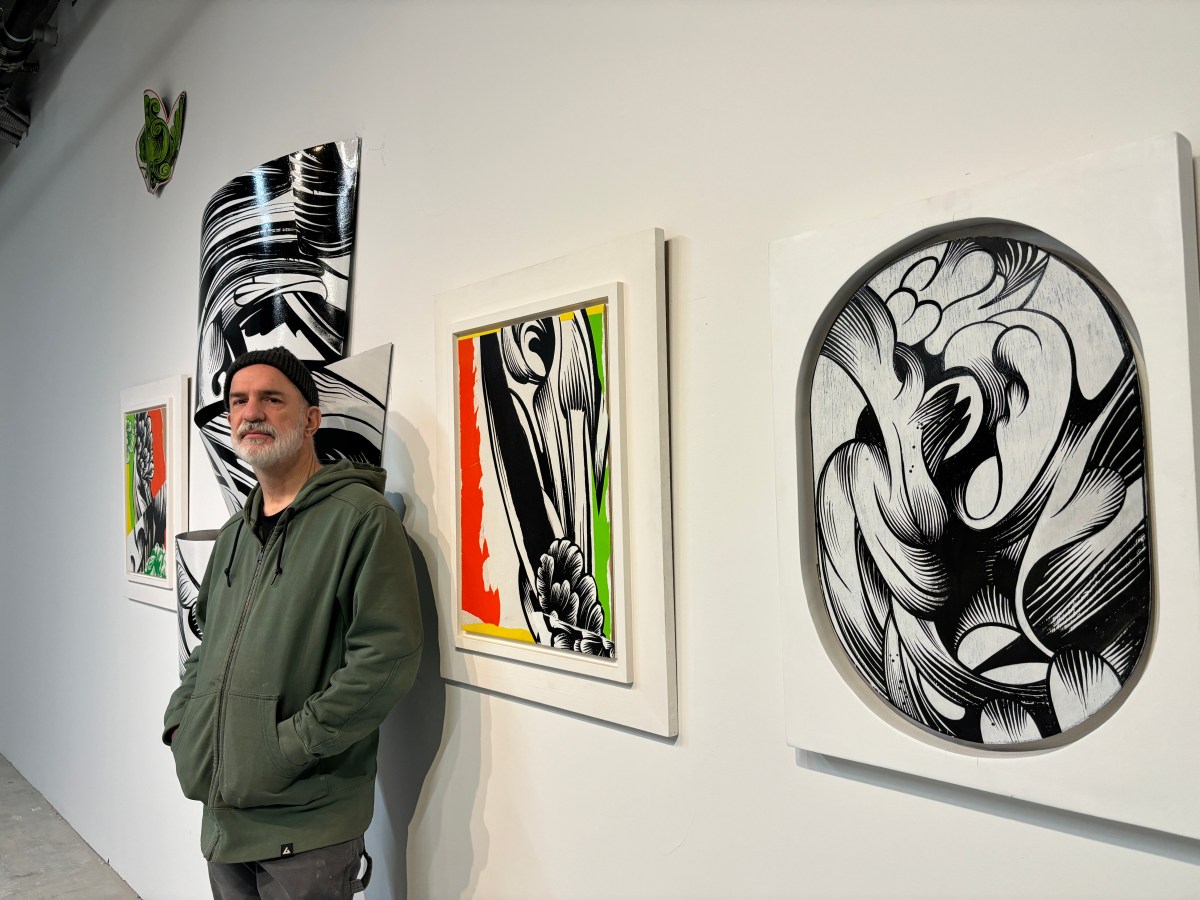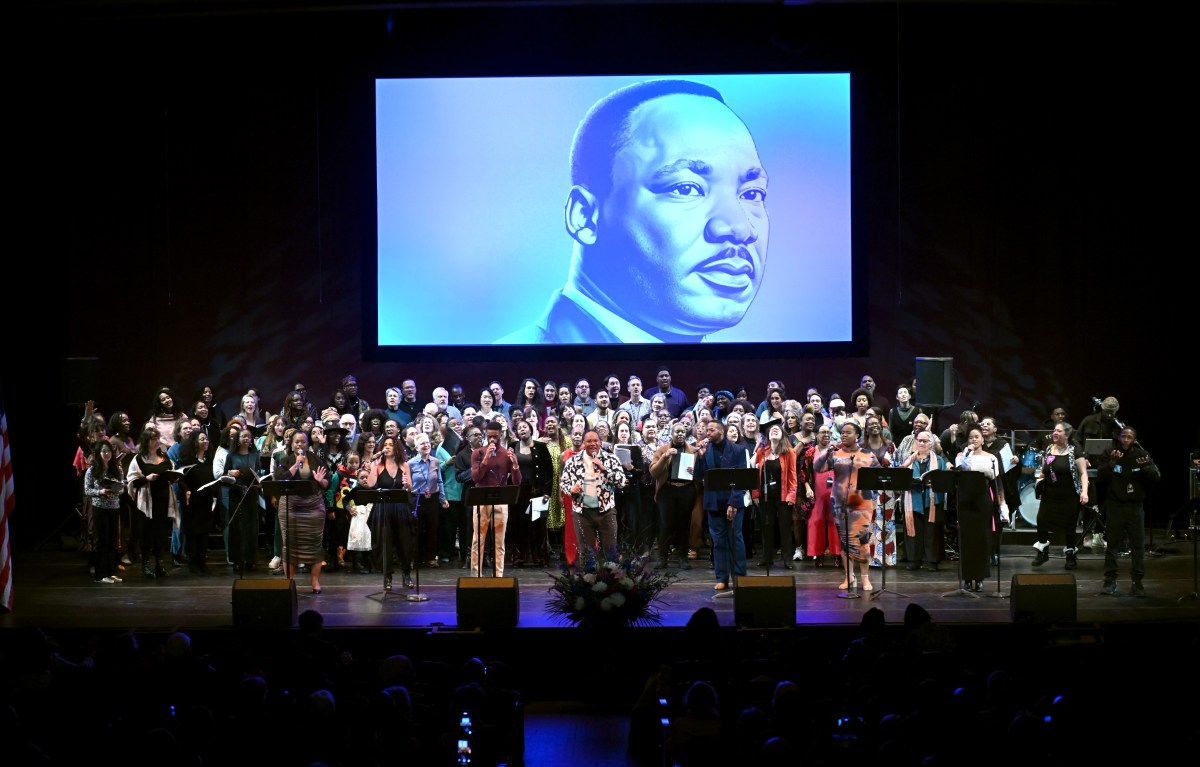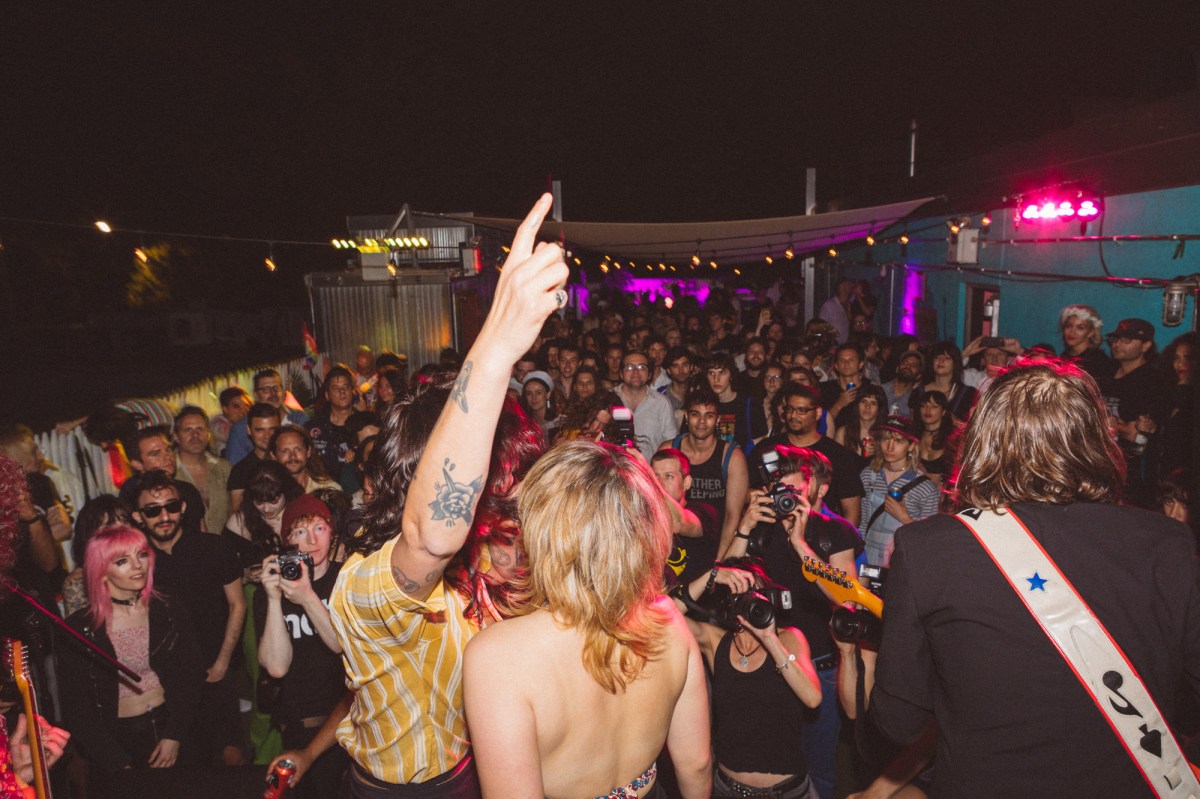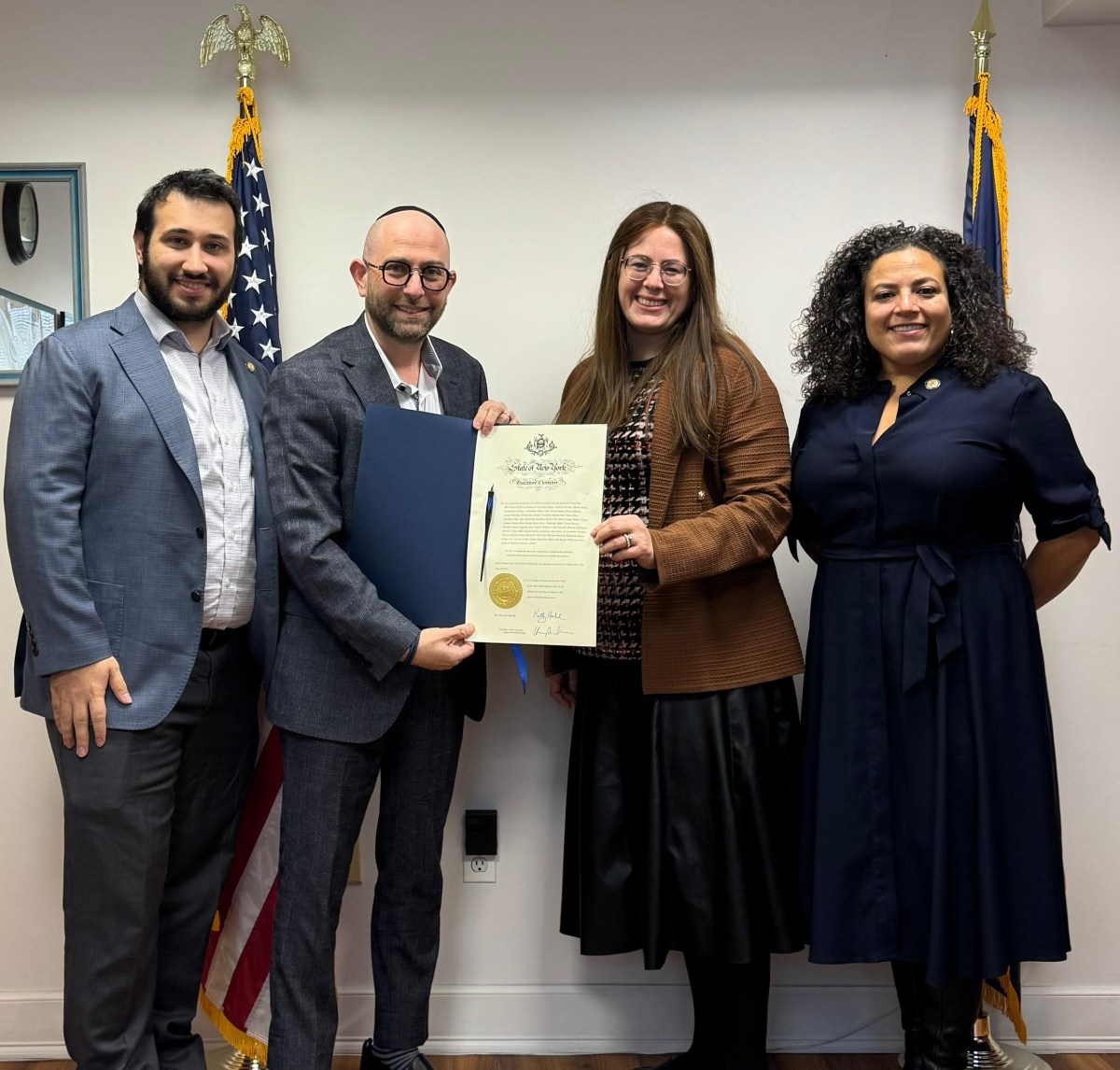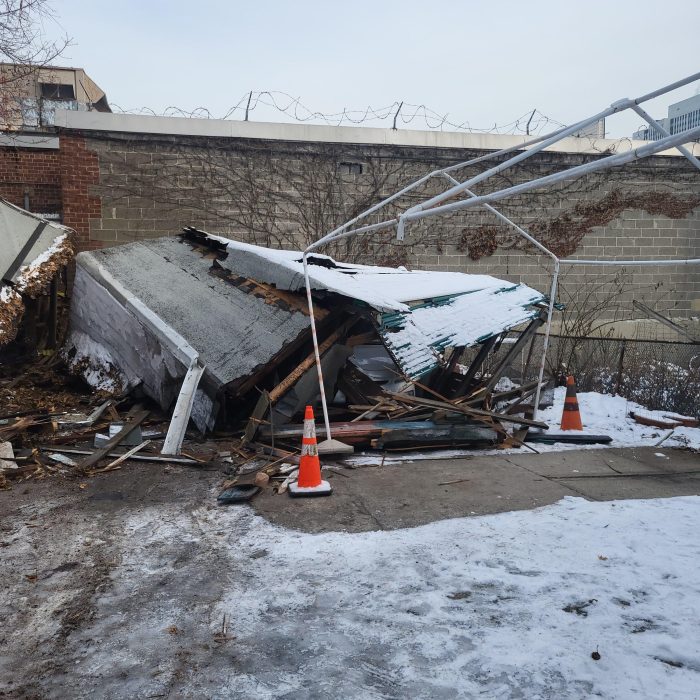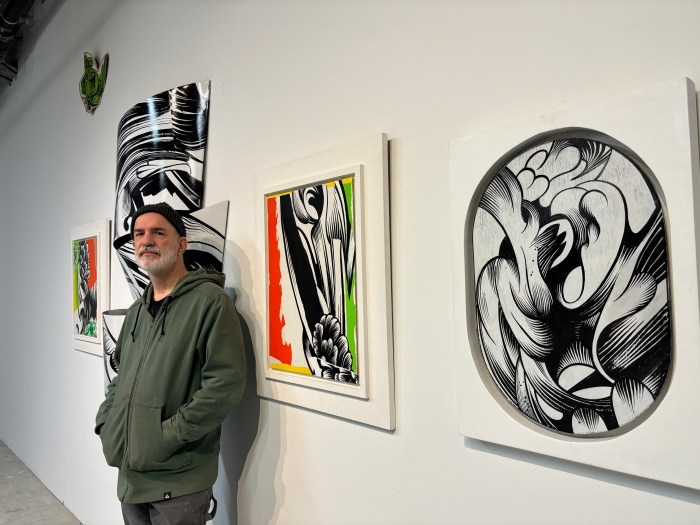Growing up in Brooklyn in the 1970s, Jay-Z witnessed unfair imprisonment of black people “up close,” the rap icon wrote in a New York Times editorial criticizing the recent sentencing of hip-hop artist Meek Mill.
On Nov. 6, Mill, 30, was sentenced to two to four years in prison for violating parole. He was on probation for drug and gun crimes he committed at 18, which Jay-Z called an unfair, lifelong monitoring by the criminal justice system. Mill’s case is another example of how the judicial system unjustly treats “hundreds of thousands of black people,” constantly following and trapping them back into prison, according to Jay-Z.
“Instead of a second chance, probation ends up being a land mine, with a random misstep bringing consequences greater than the crime,” Jay-Z wrote.
In 2008, Mill served eight months in prison for his crimes, Jay-Z detailed. Since then, he has committed what Jay-Z called “minor infractions,” including an August arrest for popping a wheelie on a motorcycle in New York.
Charged with reckless endangerment, Mill was ordered to complete 30 hours of community service in six months. The charges against Mill were eventually dismissed, but he still ended up with a prison sentence for violating parole.
“For about a decade, he’s been stalked by a system that considers the slightest infraction a justification for locking him back inside,” Jay-Z wrote.
On Nov. 7, Jay-Z stopped in the middle of his “4:44” concert tour in Dallas to protest Mill’s arrest. Other celebrities like comedian Kevin Hart, former San Francisco 49ers quarterback Colin Kaepernick and rapper T.I have also spoken out against Mill’s sentence. Following Mill’s court appearance, the hashtag #FreeMeek trended on Twitter. In his hometown on Nov. 13, ralliers outside Philadelphia’s Criminal Justice Center demanded that he be freed.
In the editorial, Jay-Z asserted that taxpayers in Philadelphia will have to pay tens of thousands of dollars to keep Mill in jail, and claimed that nobody in the city is actually threatened by the convicted rapper.
“About half of the people in city jails in Philadelphia are there for probation or parole violations,” he wrote. “We could literally shut down jails if we treated people on parole or probation more fairly.”
Highlighting the prejudice against black people in the criminal justice system, Jay-Z wrote that one-third of Americans on parole or probation in 2015 were black.
“Black people are sent to prison for probation and parole violations at much higher rates than white people,” he wrote.
Pushing for an end to the cycle of racial prejudice and unjust incarceration, Jay-Z praised Color of Change, a civil rights advocacy group that empowers and fights for African Americans.
“Probation is a trap and we must fight for Meek and everyone else unjustly sent to prison,” he wrote.
















